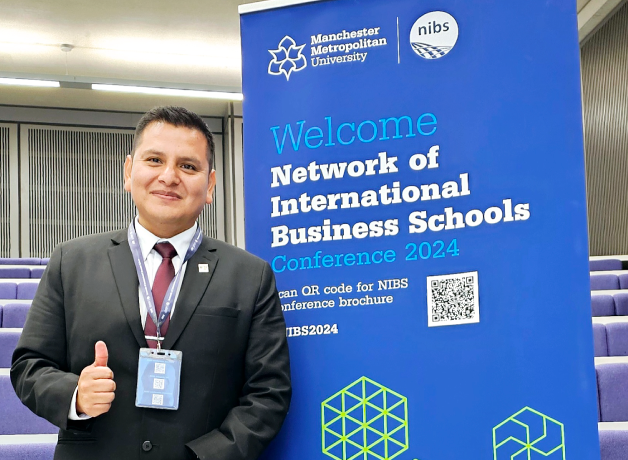Bloomberg — BP Plc has divested its stake in oil giant Rosneft PJSC, taking a financial hit of up to $25 billion by joining a campaign to isolate Russia’s economy.
The surprise move by the British company is the latest sign of how far Western powers are willing to go to punish President Vladimir Putin for his invasion of Ukraine. BP has been in Russia for three decades and in the past few weeks has firmly maintained a presence in the country.
But it has come under increasing pressure from the British government over its alliance with Rosneft. Chief Executive Officer Bernard Looney was summoned last week by UK Business Secretary Kwasi Kwarteng to explain the company’s ties to Russia. Kwarteng welcomed BP’s decision on Sunday.
“This military action represents a fundamental change,” BP Chairman Helge Lund said in a statement. “This has led BP’s board of directors to conclude, after a lengthy process, that our participation in Rosneft, a state-owned company, cannot continue.”
BP did not say whether it planned to sell its roughly 20% stake in Rosneft, or simply withdraw. Any potential buyer will have to navigate an increasingly stringent web of economic sanctions that will make any transaction extremely difficult.
In a statement to employees, Looney said there would be “financial consequences” that would be reflected in the next quarter’s results. A spokeswoman said there could be a loss in value of up to $25 billion.
The London-based company confirmed that it would stop calculating its share of oil and gas reserves, production and profits from its Rosneft stake. Looney will also soon step down from the board of directors of the Russian company, as did his predecessor Bob Dudley.
BP will also leave other businesses in Russia, which include three joint ventures with a book value of about $1.4 billion.
financial hit
The move – and the associated financial costs – will surprise investors on Monday. BP’s shares have risen 15% this year, supported by rising oil prices, even as Russian troops gather at the Ukrainian border.
In early February, Looney was still arguing that BP could “avoid politics” in Russia, that it was a “big member of the energy system”. The shock of Putin’s massive military offensive into Ukraine made the position untenable.
BP has a longer history in Russia than many of its peers. It was one of the first Western oil companies to have a presence in Russia after the collapse of the Soviet Union.
John Browne, CEO at the time, bought a stake in Sidanco in the 1990s, which eventually became TNK-BP, a joint venture with a group of billionaires. This gives BP direct operational control over Russia’s oil fields, with a large number of expatriate staff in the country.
BP’s involvement in the Kremlin-controlled oil producer carries a lot of symbolism, as it marks the continuation of three decades of operations in the country, but in many practical ways the alliance is shallower than it seems.
Although BP claims its share of Rosneft production, reserves and profits for accounting purposes, BP has no direct ownership interest in any of the Rosneft fields and does not have physical access to the hydrocarbons they produce.
The London-based company does receive regular dividends from Rosneft, which last year amounted to $640 million, compared to BP’s total operating cash flow of $23.6 billion.
Rosneft said the move “destroys the successful 30-year partnership” of the two companies. “The decision was made under unprecedented pressure from politically involved forces”it said in a statement on its website.
BP has the largest stake in Russian oil and gas, but its Big Oil partners also have significant holdings in the country. TotalEnergies SE’s operations in Russia represent approximately $1.5 billion of its total cash flow, or about 5%. He has a stake in gas producer Novatek, as well as a large stake in the Yamal LNG project.
Shell Plc has a large stake in the Sakhalin Energy LNG project, led by Gazprom PJSC, while Chevron Corp and Exxon Corp are active in the lubricants sector.
This may interest you:

“Entrepreneur. Internet fanatic. Certified zombie scholar. Friendly troublemaker. Bacon expert.”

:quality(70)/cloudfront-us-east-1.images.arcpublishing.com/bloomberglinea/F63M2BWZLPD7GTMMEOBGES7Y5M.jpg)




